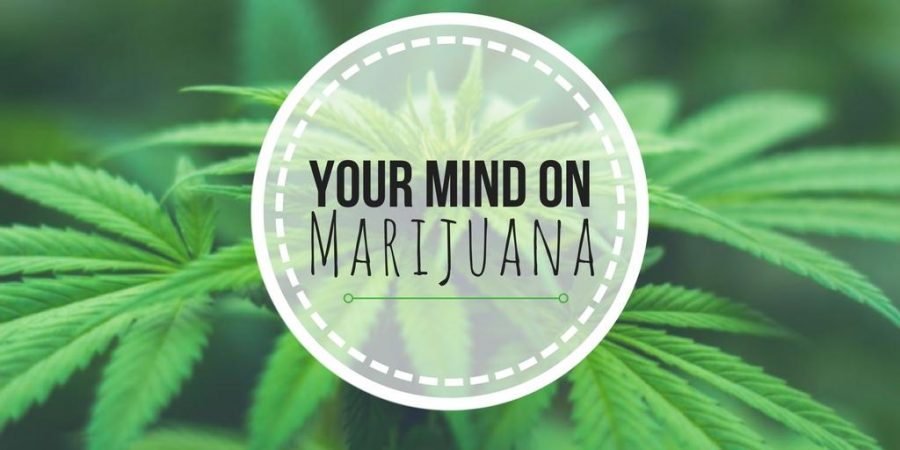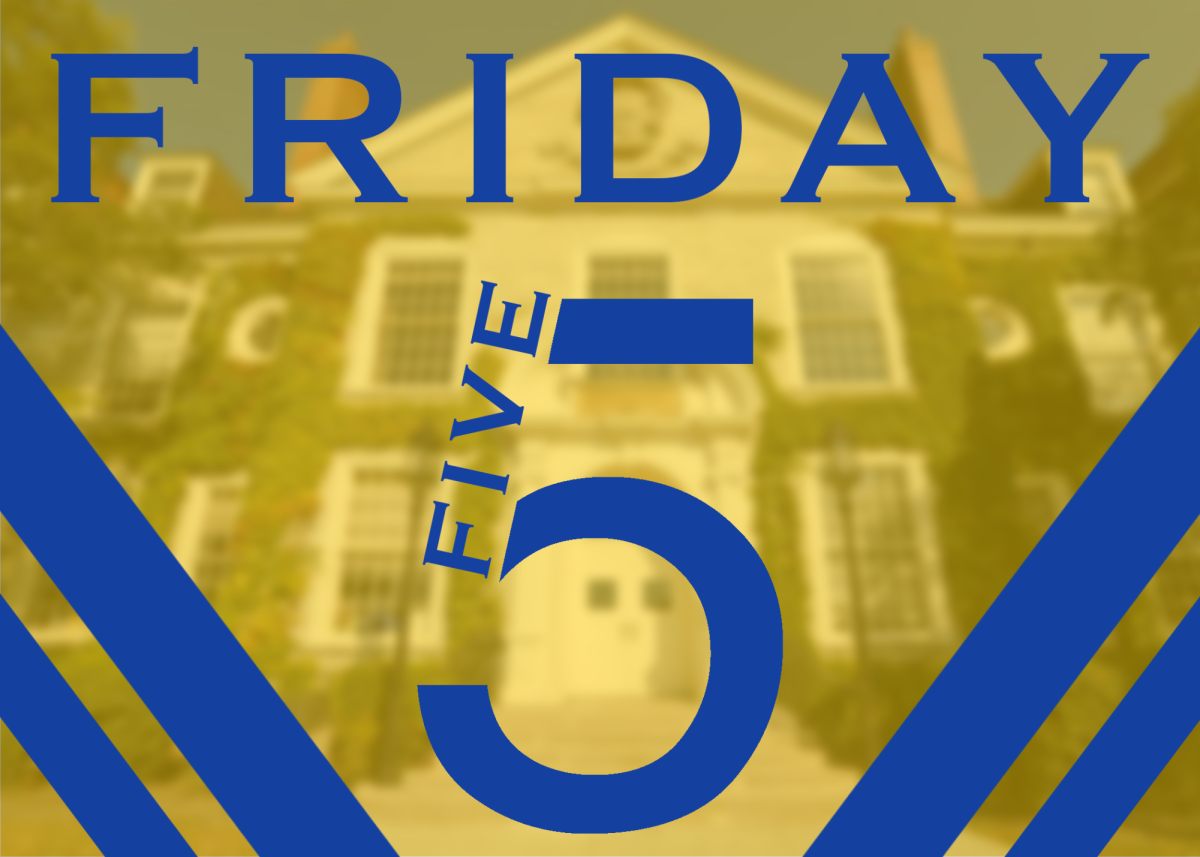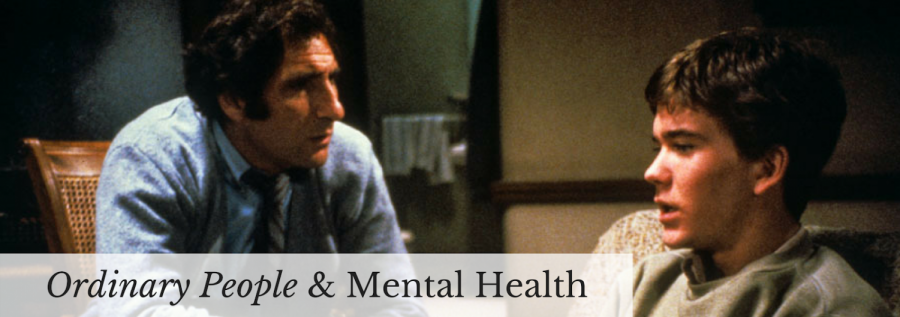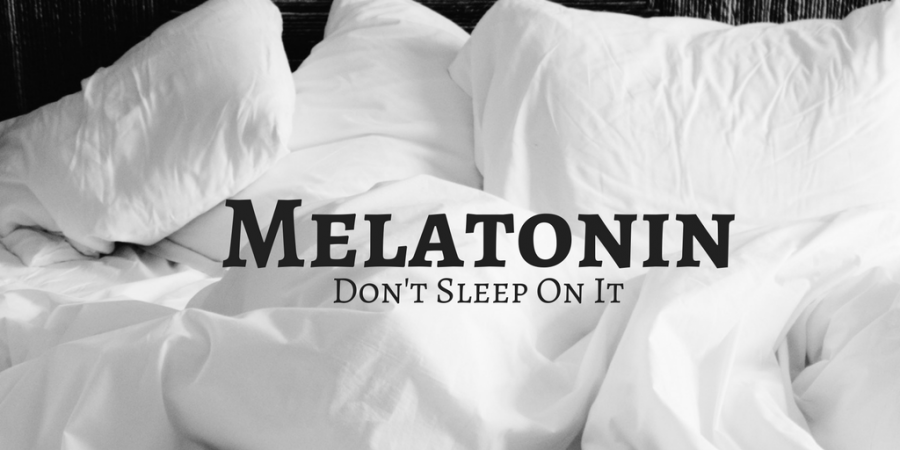As the laws for marijuana usage are shifting across the country, it is no question that cannabis has become a much more common topic of discussion. Some argue that the drug has little to no health consequences, and others continue to preach the detrimental effects it has, particularly on developing teenage brains.
Marijuana, cannabis, pot, weed, ganj, dope, mary jane, devil’s lettuce, kush, satan’s quinoa — whatever you may call it, the use of marijuana has a similar effect on each user’s brain following ingestion.
Our brains are flooded with neurons which are responsible for processing information. Upon being excited, neurotransmitters pass information from one neuron to another within milliseconds. However, after each neuron’s firing, there is a relatively brief restoration period so that the brain can process information without becoming too overwhelmed. Not a second goes by without these signals traveling throughout the entire brain.
Within our brains, we have molecules called cannabinoids, which are specialized molecules that release upon the firing of those neurons. Not surprisingly, this is where the term ‘cannabis’ comes from, as marijuana contains that same molecule we already have. Cannabinoids interrupt that neuron firing regulation in some parts of the brain, ultimately removing the unresponsive period, and magnifying your thoughts, imagination and perception.
The constant firing of neurons leads you to perceive each thought that you have to be the most significant and profound thing ever. Your mind is temporarily caught up in the literal momentum of each idea, taking hold of your mind until you think of something new and move on to a new thought completely.
The THC within marijuana works through cannabinoid receptors, resulting in a significant increase in dopamine and norepinephrine levels, activating the brain’s reward system. This flood of dopamine contributes to the pleasurable “high” with sensations of euphoria, relaxation, and experience enhancements that those utilise who recreational marijuana seek.
Throughout other parts of the brain like the hippocampus and orbitofrontal cortex, cognitive functions such as short term memory, learning, coordination, and movement control are all impacted.
To learn more about your mind on marijuana and its effects, click here.
For immediate help with a crisis, call 1-800-273-TALK, or to locate a treatment center, call 1-800-662-HELP or visit http://findtreatment.samhsa.gov















